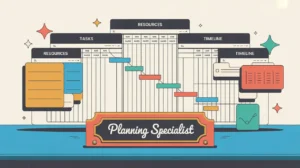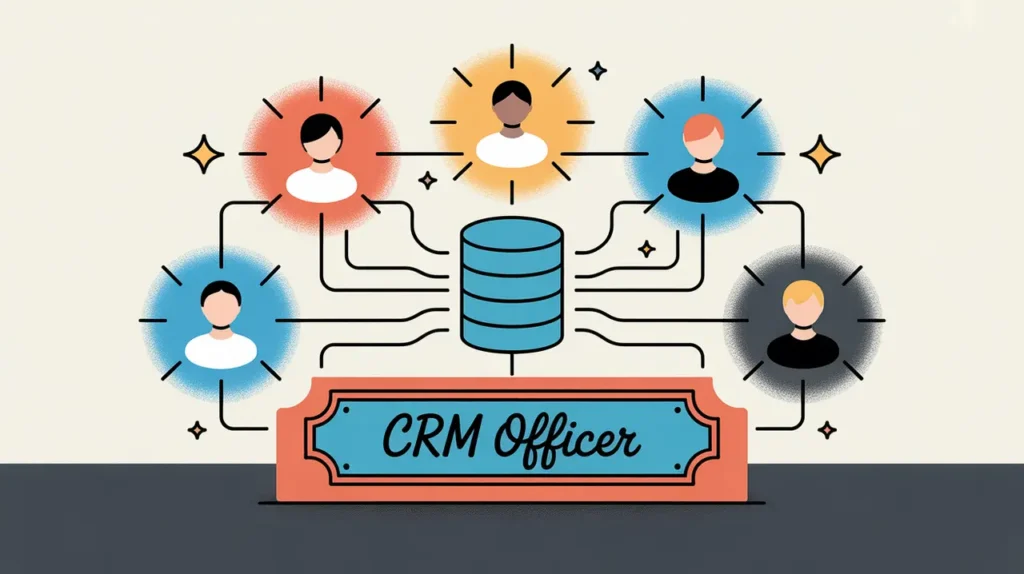What Does the Analytics Associate Role Involve?
An analytics associate is responsible for supporting the collection, organization, analysis, and interpretation of data to inform decision making, strategy, and program effectiveness. They contribute to designing analytical approaches, building dashboards or reports, and conducting routine and exploratory analyses. Analytics associates often work closely with program, operations, and leadership teams to turn data into actionable insights. The role typically sits within data, monitoring and evaluation, strategy, or operations functions. In both nonprofits and social enterprises, analytics plays an increasingly critical role in improving performance, demonstrating impact, and guiding strategic choices.
At What Level does this Role Operate?
Entry Level: This role operates within data or analytics teams, often in coordination with program and strategy units. Analytics associates typically report to data leads, analytics managers, or monitoring and evaluation specialists. They focus on executing analytical tasks, maintaining data systems, and contributing to reporting processes under supervision, with opportunities to take on greater analytical responsibilities over time.
Relative Employability: Entry-level analytics roles are in high demand across nonprofits, social enterprises, and mission-driven organizations seeking to strengthen their data capabilities. Individuals with strong analytical skills and comfort working with data tools are well positioned for growth in this field.
Relative Pay Scale: Within nonprofits and social enterprises, analytics associate roles typically sit in the mid pay bands for entry-level staff, often higher than administrative or assistant positions due to the specialized skills involved.
What are the Key Responsibilities and Activities?
- Collect, clean, and organize data from multiple internal and external sources
- Conduct descriptive and exploratory analyses to support decision making
- Contribute to the development of dashboards, visualizations, and reports
- Ensure data accuracy, consistency, and security in storage and processing
- Support monitoring, evaluation, and learning activities through data analysis
- Collaborate with program and strategy teams to interpret findings and identify insights
- Document analytical processes and contribute to data quality improvements
What Core Competencies and Qualifications are Needed?
Required Qualifications and Experience
The following reflect common qualifications and experience expected for this role, while recognizing that pathways may vary by context, organization, and region.
- Relevant academic background in statistics, economics, mathematics, computer science, social science, or a related field, or equivalent professional experience
- Appropriate years of relevant experience for an entry-level role, which may include internships, research assistance, or project support involving data work
- Familiarity with data analysis tools such as Excel, SQL, R, Python, or BI platforms is advantageous
- Strong quantitative and analytical skills with attention to detail
Key Competencies
- Data cleaning, management, and analysis capabilities
- Ability to communicate analytical findings clearly to non-technical audiences
- Basic knowledge of statistical methods and data visualization techniques
- Problem-solving and critical thinking skills
- Capacity to work collaboratively with technical and programmatic teams
- Curiosity and willingness to learn new analytical tools and approaches
How are AI and Automation Shaping this Role?
An AI-native analytics associate will look to AI and automation to accelerate data preparation, deepen analysis, and improve insight generation. They can use AI tools to clean and structure large datasets, run rapid exploratory analyses, and identify patterns that might otherwise go unnoticed. Automation can streamline reporting cycles by updating dashboards and visualizations in real time, reducing manual data work. By leveraging AI, analytics associates can focus more on interpretation, storytelling with data, and supporting strategic decisions across teams.
What Career Pathways and Transferable Skills are Associated with this Role?
Analytics associate roles provide a strong foundation for advancement into data analyst, analytics manager, or monitoring and evaluation specialist positions. The technical and analytical skills developed in this role are highly transferable to roles in strategy, operations, research, and technology across nonprofits, social enterprises, private firms, and public institutions.







